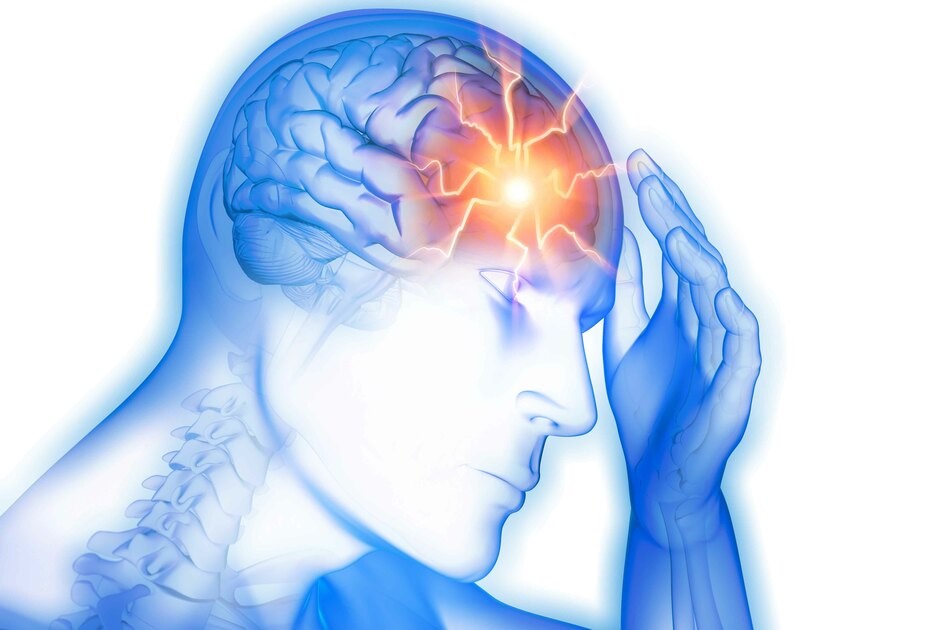
Concussion: what it is, causes and symptoms
Concussion is an alteration of brain function caused by trauma to the head. It can be caused by a violent or repeated blow to the head, such as in a car accident, a fall, during sporting activity, or even by shaking the person, e.g. an infant
These traumas generate a state of confusion, generally reversible and temporary, in which the nerve centres that control functions such as memory, balance, and coordination are altered.
The person may momentarily lose consciousness.
The consequences must be carefully monitored.
What is concussion?
Concussion is an alteration, generally temporary and reversible, of brain functions.
This alteration creates a confusional state, in which the subject may have a loss of consciousness or problems with memory, orientation, concentration, and movement. In some cases, headaches may occur.
This is usually a transitory condition, although the effects may last for days or weeks.
It is caused by violent trauma to the head, violent blows that may occur in a car accident, but also when the person is violently shaken, as in Shaken Baby Syndrome.
What are the causes of concussion?
The brain is separated from the bones of the skull by a gelatinous substance (cerebrospinal fluid) that cushions shocks and preserves tissue from injury.
However, under certain circumstances, the violence of a blow or shake can momentarily alter the nerve structures that control brain function.
This happens when there is an accident.
Even a simple bump with the violent jerking of the head back and forth can generate a loss of consciousness.
The same effect can occur in the case of head impacts, for example in a fall, or during sporting activities, such as football or boxing, or when children are violently shaken.
What are the symptoms of concussion?
Concussion symptoms are generally transient and reversible.
They include:
- Headache
- Confusional state, with loss of memory (amnesia) and concentration
- Temporary loss of consciousness or fogginess
- Difficulty with movement and balance
- Nausea to vomiting
- Difficulty speaking
- Ringing in the ears
- Tiredness
- Sleepiness, even prolonged sleepiness
The repetition of traumatic events can obviously exacerbate symptoms and lead to deeper and more difficult-to-heal injuries.
Long-term symptoms include memory loss, sleep disorders, sensitivity to light and noise, and mood problems. In more severe conditions, brain haemorrhage may occur.
Read Also:
Emergency Live Even More…Live: Download The New Free App Of Your Newspaper For IOS And Android
Temporal And Spatial Disorientation: What It Means And What Pathologies It Is Associated With
Neurology, Link Between Traumatic Brain Injury (TBI) And Dementia Examined
Ruptured Brain Aneurysm, Violent Headache Among The Most Frequent Symptoms
Difference Between Concussive And Non-Concussive Head Injuries
Emergency Rescue: Comparative Strategies To Exclude Pulmonary Embolism
Pneumothorax And Pneumomediastinum: Rescuing The Patient With Pulmonary Barotrauma
Barotrauma Of The Ear And Nose: What It Is And How To Diagnose It
Migraine With Brainstem Aura (Basilar Migraine)
Concussion: What It Is, What To Do, Consequences, Recovery Time


